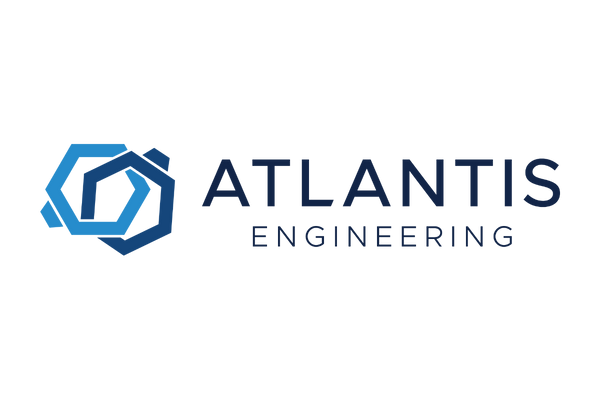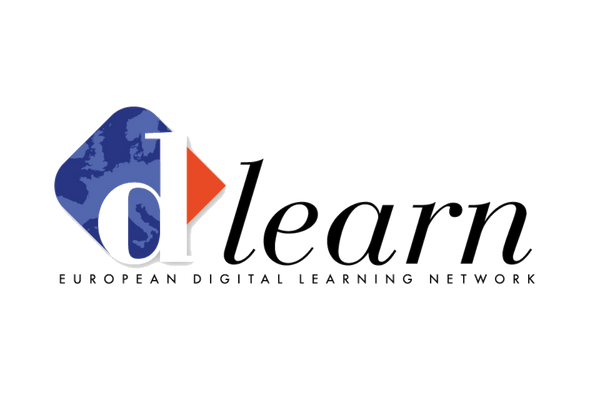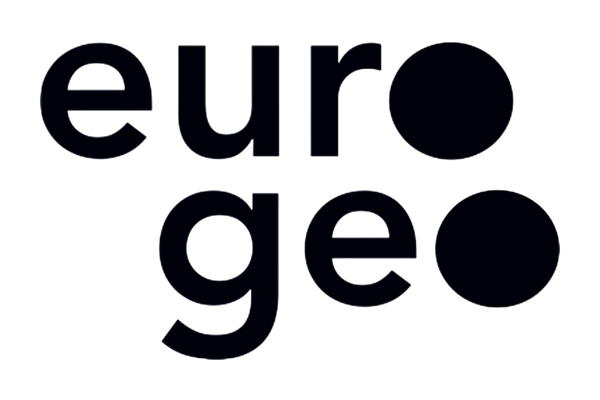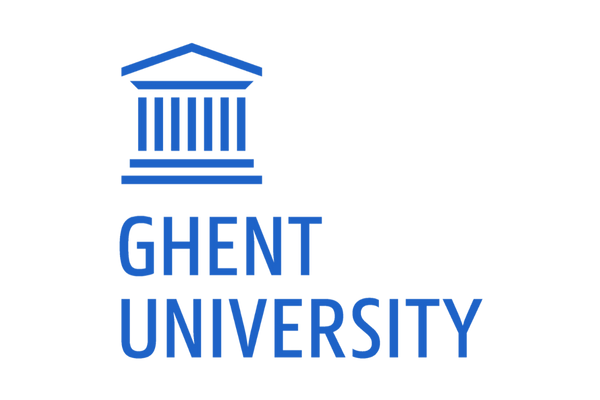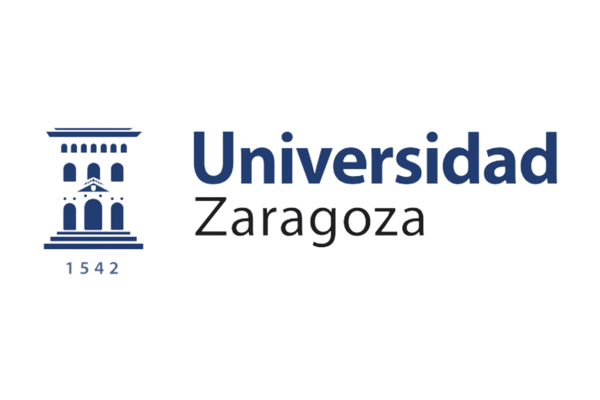- ERASMUS+
GEOLAND - Digital Educational Geoinformatics Methodologies for Landscape Monitoring
- Digital education
- |
- Sustainable employment
- |
- Eco-innovation and sustainable development
- |
- Green and circular economy
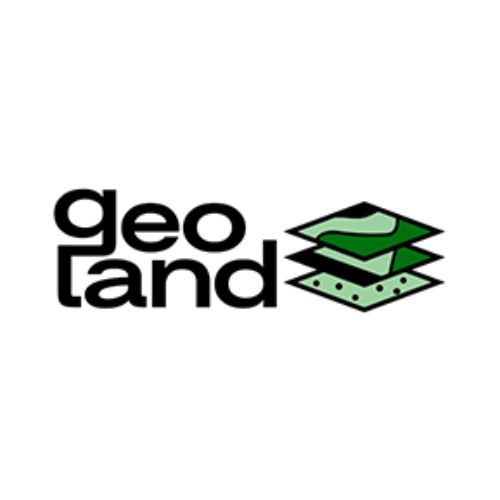
Identification Number: 2020-1-EL01-KA226-HE-094715
Duration: 1 June, 2021 – 31 May, 2023
Decision makers in the 21st century are faced with the responsibility of addressing new and increasingly complex environmental challenges to protect public health and the environment. One of them concerns the monitoring of the landscape and related changes as well as the role of geographic information systems (GIS). The COVID-19 pandemic has highlighted the urgent need for citizens to have well-preserved nature within close proximity to have more opportunities for recreation. In addition, social distancing and technological progress require and facilitate modified and innovative educational approaches. They require comprehensive, transdisciplinary approaches, as efforts to address one aspect may reveal or create other problems. Integrating innovative approaches like this into higher education will be essential if we are to understand and monitor European landscapes within the new Green Deal, especially in the post-COVID-19 era.
This is how the idea for the GEOLAND project was born, which is dedicated to solving these problems using state-of-the-art tools and cloud technologies that enable remote data collection and sharing and innovative pedagogical and scientific approaches combined with citizen science insights. The approach will also address the digital readiness of higher education institutions in this direction.
The main objective of GEOLAND will be to research and develop procedures for the effective participation of students and teachers from higher education institutions in landscape decision-making, management, as well as planning and protection of NATURA 2000 sites across Europe. Some of the other objectives of the project are as follows:
- Providing support in the training of students and teachers from VU to apply the European Landscape Convention (ECL) of the Council of Europe, regarding the knowledge of landscapes (identification, analysis, evaluation) and their landscape;
- Promoting the principles of citizen science towards social and spatial values in institutions of higher education;
- Promoting the use of freely distributed open access data (eg Copernicus Earth observation data) to implement environmental protection policies;
- Supporting pupils and students in their attempt to recognize NATURA 2000 landscapes as an essential component of their surroundings;
- Synthesize and integrate readily transferable findings relevant to awareness-raising and policy negotiations regarding landscape monitoring.
The main target group of GEOLAND will be both students and teachers of higher education who study in departments of geography, geology, forestry and ecology Europe., as well as students of political and economic sciences.
It is inevitable that the project will be implemented transnationally throughout Europe, and this is why the GEOLAND project is implemented in partnership with 6 other European organizations: Institute for Mediterranean Studies at the Foundation for Research and Technology - IMS FORTH (Greece), who is also the project coordinator, Atlantis Engineering (Greece), European Digital Education Network - DLEARN (Italy), Association of European Geographical Researchers - EUROGEO (Belgium), Ghent University (Belgium) and Zaragoza University (Spain).
This international approach will help students and teachers to understand the problems arising from the heterogeneous application of ECL and to propose solutions to these problems.
Moreover, nature conservation does not stop at the borders of the country, so it is inevitable that it will be transnational. In this context, the role of geoinformation technologies will be with an emphasis on their ability to offer objective quantitative geospatial results.
The main expected results of the project are:
- An educational guide for monitoring European landscapes
- Training course and web-based GIS platform
- Recommendations for creating adequate policies
- Online gallery to display student works
- Toolkit for monitoring the readiness of higher schools for digital education
You can learn more about the project at its official web address www.geolandproject.eu. We invite you to follow the project and in Facebook, where you will always be up to date with the latest activities and results.
Do you have additional questions about the project or would you like to get involved in its activities in some way? Please do not hesitate to contact Ayri Memishev.
Project GEOLAND - Digital Educational Geoinformatics Methodologies for Landscape Monitoring, is a 24-month project funded by the Erasmus+ program of the EU.
Partners
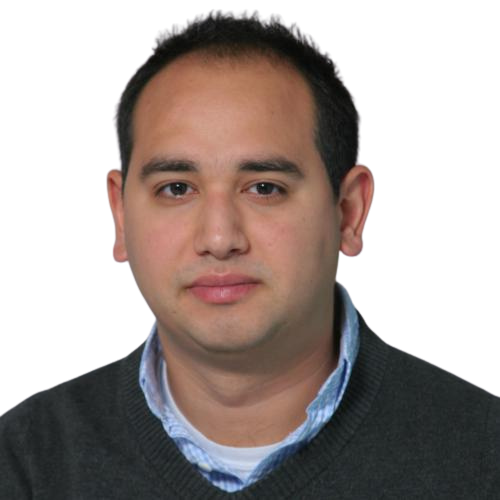
Coordinator:
Ayri Memishev
Project manager
For consultations:
Email: amemishev@rcci.bg
Phone: +359 883 588675
Address:
Tsar Ferdinand Blvd. 3A,
Ruse 7000

